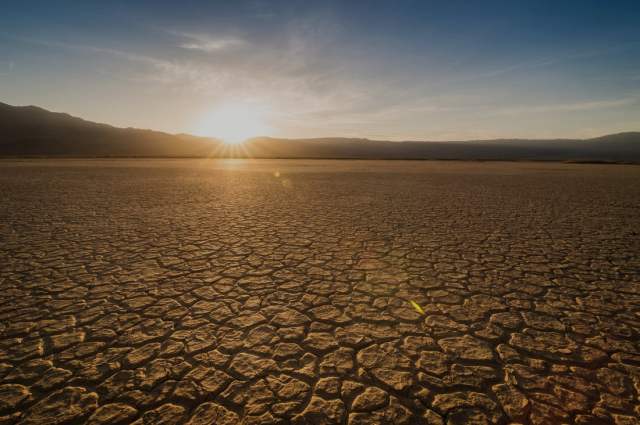How Well Do You Understand Climate Change?
bobbyknuckles
Created 6/29/2024

Put your knowledge of climate change to the test with this challenging quiz!
1. What does the term 'global warming' specifically refer to?
The rise of average surface temperature of the Earth
The increase in hurricane activity
The loss of biodiversity
The frequency of flooding events
2. What organization is responsible for assessing the science related to climate change?
World Health Organization (WHO)
United Nations Educational, Scientific and Cultural Organization (UNESCO)
Intergovernmental Panel on Climate Change (IPCC)
International Monetary Fund (IMF)
3. Which of the following is a direct effect of human-caused global warming?
Loss of sea ice
Decreased solar radiation
Increased cloud cover
Cooling ocean temperatures
4. What gas is primarily responsible for current global warming?
Climate dioxide
Carbon dioxide
Nitrogen
Oxygen
5. What is one major consequence of rising sea levels?
Increased fish populations
Loss of coastal habitats
Decrease in rainfall
Cooling climate
6. What is a significant cause of the accelerated ice melt in Greenland and Antarctica?
Increased agricultural activity
Global warming
Decreased volcanic activity
Human nutrition
7. By how much did the Earth's average temperature increase during the 20th century?
1 degree Fahrenheit
2 degrees Fahrenheit
3 degrees Fahrenheit
4 degrees Fahrenheit
8. Which region is experiencing more, and more intense, droughts and wildfires due to climate change?
Western United States
Eastern Europe
Southeast Asia
Antarctic Peninsula
9. What is 'mitigation' in terms of climate change?
Expanding infrastructure
Reducing or preventing the emission of greenhouse gases
Increasing the use of fossil fuels
Expanding agricultural lands
10. Around how many people were found to live in areas highly susceptible to climate change in recent research?
1 billion
2 billion
3.6 billion
5 billion
11. What term describes human-made gases that trap heat in the atmosphere?
Ozone
Greenhouse gases
Aerosols
Nitric oxides
12. What percentage of foodborne fatalities involve children under 5 years old according to WHO data?
13. Climate change is expected to cause how many additional deaths annually between 2030 and 2050?
50,000
100,000
250,000
500,000
14. What projection is made for Arctic sea ice cover by mid-century?
Increases slightly
Remains stable
Disappears completely
Decreases significantly but still present
15. What effect will climate change have on the growing season in the United States?
Shorten
Remain the same
Lengthen
Disappear
16. Which of the following risks is heightened by climate stressors?
Waterborne and foodborne diseases
Improved air quality
Decreased precipitation
Increased snowfall
17. What factor is crucial to reducing the adverse impacts of climate change?
Near-term mitigation and adaptation actions
Increased cloud cover
Decreased sea levels
Global cooling trends
18. Which of the following describes the extent of the current wildfire season impact?
Remained the same
Decreased slightly
Slightly increased
Increased and intensified
19. Between 2024 and 2100, sea levels are projected to rise by at least:
1 to 6.6 inches
1 to 6.6 feet
0.1 to 0.6 meters
No significant change
20. What is a significant predicted effect of global climate change on hurricanes?
Decrease in their frequency
Unchanged intensity
Increase in both intensity and rainfall rates
Changing their paths to more northern routes

